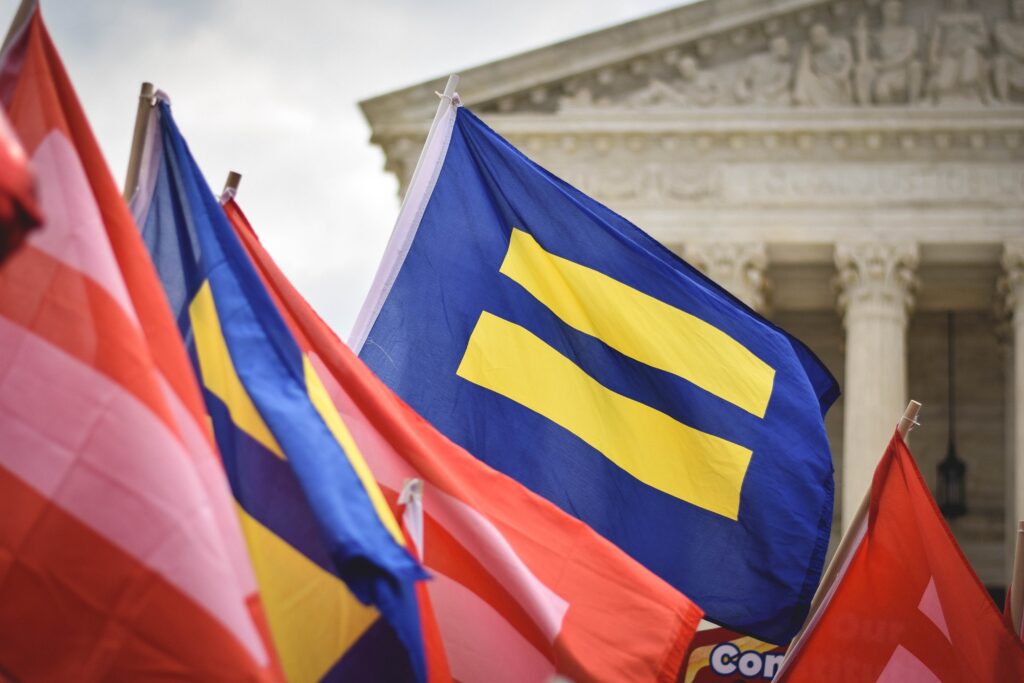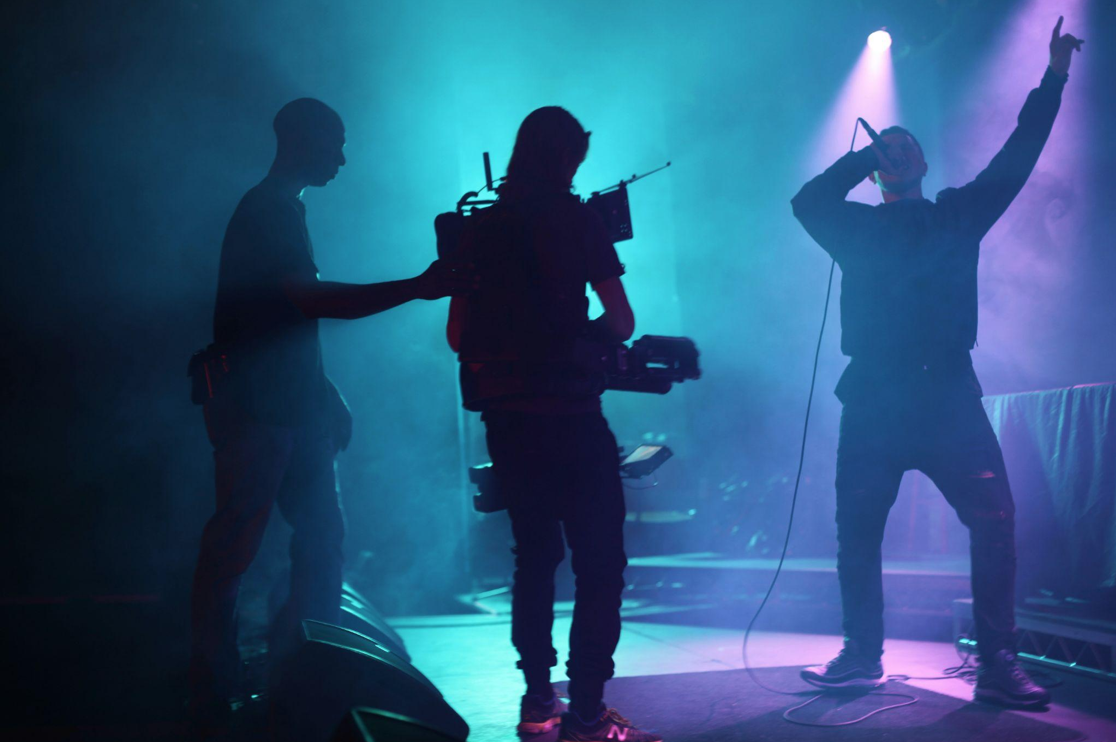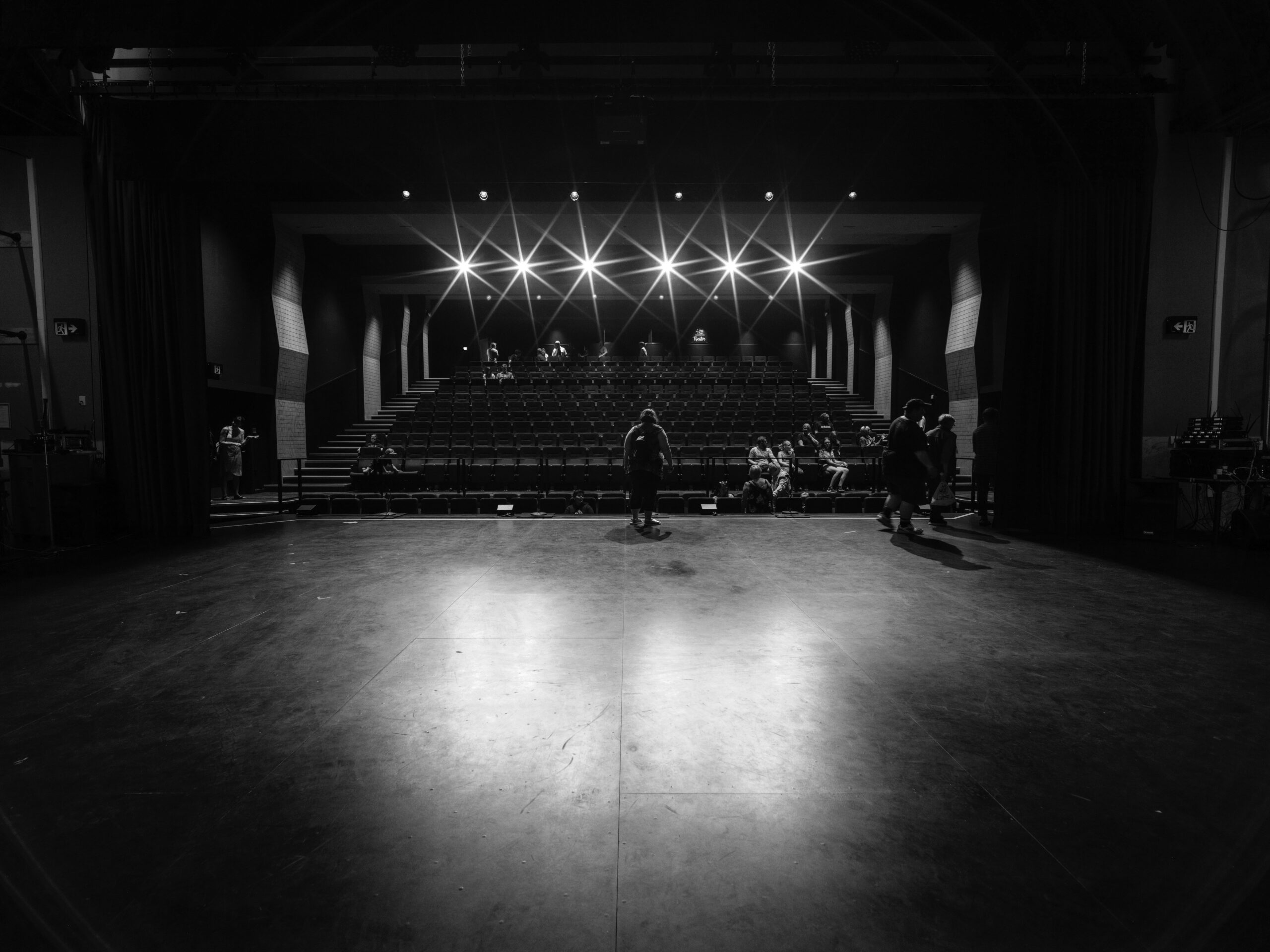
The so-called “culture war” has conservative politicians setting their eyes on a familiar target in recent months: the LGBTQ+ community. A slew of bills in conservative-leaning states have sought to legally restrict or altogether prohibit drag show performances in public spaces.1 Since the late nineteenth century, drag has existed as a performative art form consisting of gender-bending, traditionally in the form of male performers dressing as women.2 As the art form has emerged from its tradition as a subversive art of female impersonation, its commercialization has created a form of modern drag that is more about queer and gender non-conforming expression that plays with the fluidity of the gender construct.3
As of early February, lawmakers in eleven states have introduced bills in their state legislatures seeking to adopt time and place restrictions on drag performance.4 Perhaps the most high-profile is Tennessee’s SB0003,5 sponsored by Tennessee State Senator Jack Johnson, and passed into law in early March.6 The bill seeks to amend the Tennessee Code to classify “male or female impersonators” as “adult cabaret performers.”7 The classification would place drag performers on a list alongside “topless dancers, go-go dancers, exotic dancers, [and] strippers.”8
The most devasting aspect of the law to the LGBTQ+ community is the effect of the law’s enactment on queer-friendly spaces in Tennessee. Should drag performers be classified as “adult cabaret performers,” any establishment that hosts drag shows will be required to obtain a license as an “adult-oriented establishment.”9 Any licensed adult-oriented establishment is prohibited from serving any intoxicating liquor on site, subject to revocation of their license in violation.10 Given that many drag shows are hosted by bars,11 this adversely limits the number of spaces in which drag performers may conduct their performances.
Prominent artists, such as Frida Kahlo and Andy Warhol, have played with gender construction in their art for decades, if not centuries.12 These artworks are displayed in museums across the country, but have faced less scrutiny in the current debates. So, what about drag performances makes the art form subject to adult entertainment restrictions like “adult cabaret” venues?
The Constitutional debate on these forms of art fall under First Amendment free expression.13 Specifically, the Constitutional considerations facing “adult cabaret” and now drag performances is the extent to which the First Amendment’s protection of free speech and free expression are limited by the government’s legitimate interest in restraining public obscenity. 14 Courts have recognized this particular government interest as one based in historical tradition and societally accepted norms,15 an amorphous standard that can easily differ between jurisdictions.16
This government interest, however, is not absolute.17 There are situations, according to the Supreme Court, in which free speech trumps any purported interest the government has in restraining challenges to work based in obscenity. For example, in California v. LaRue, the Supreme Court considered whether the government’s interest in regulating obscenity could extend to regulating alcohol sales in an establishment displaying nude and sexually explicit live entertainment and films.18 In dicta, the Court conceded that the law recognizes that “at least some of the performances to which these regulations address themselves are within the limits of the constitutional protection of freedom of expression.”19 The current standard for analyzing the debate between government interest and free speech in the context of attempted governmental restraint of free speech in art comes from Miller v. California, a Supreme Court decision establishing the “Miller test.”20 The test requires the Government to prove that the work appeals to a prurient interest, is offensive in light of community standards, and lacks serious literary, artistic, political, and scientific value.21
Thus, should the Tennessee law (and other similar bills put forth by conservative state legislators) face a constitutional challenge, their validity rests on a few misguided, if not altogether false, assumptions about the art of drag. First, the Tennessee law assumes that drag shows equate to sexually explicit, or what the Court calls “prurient,” or obscene content.22 Second, the law assumes that drag as an art form lacks the serious artistic quality to overcome any challenges with respect to its assumed obscene nature.23 Third, drag performance equates to adult cabaret, and that judges reviewing potential challenges will similarly assume that community standards deem drag publicly offensive warranting classification as “adult cabaret.”24 Thus, the law ultimately assumes that drag performances as an art form are harmful to the public and properly regulated and restricted, especially in the context of children’s viewers.25
As any attendee of a drag show can readily infer, drag performance exists on a spectrum, just like any art form can. Some performers rely on lewd, comedic content; some rely on impersonating famous figures; some rely on beauty and fashion. Therefore, deeming all “male or female impersonation” across the entire spectrum results in the same level of absurdity as deeming all music offensive merely because a few songs discuss explicit, lewd, or inciting content. Even the art of nude dancing has not been wholly prohibited in all contexts at the Supreme Court level.26 Such a blanket classification of the art form as offensive merely repeats the same anti-LGBTQ+ rhetoric and actions of the past, positioning LGBTQ+ expression as something society needs to “save our children” from.27
Zach Cihlar is a Second Year Law Student at the Benjamin N. Cardozo School of Law and a Staff Editor on the Cardozo Arts & Entertainment Law Journal. Zach is interested in advertising regulation, media, and entertainment law.
- Shawna Mizelle, Republicans Across the Country Push Legislation to Restrict Drag Show Performances, CNN (Feb. 5, 2023, 11:09 AM), https://www.cnn.com/2023/02/05/politics/drag-show-legislation/index.html [https://perma.cc/Y2UA-KHQ4].
- InQueery: Trixie Mattel Breaks Down the History of “Drag”, Them (Sep. 20, 2018), https://www.them.us/story/inqueery-drag [https://perma.cc/X3V8-49BA].
- Stephen Stanec, Tilted: Exploring the Mainstreaming and Diversity of Modern Drag, Pace U (2018), https://digitalcommons.pace.edu/cgi/viewcontent.cgi?article=1204&context=honorscollege_theses [https://perma.cc/4Q8L-JMB9].
- Mizelle, supra note 1.
- S.B. 3, 113th Gen. Assemb., Reg. Sess. (Tenn. 2023).
- Rick Rojas et al., Tennessee Law Limiting ‘Cabaret’ Shows Raises Uncertainty about Drag Events, N.Y. Times (Mar. 5, 2023), https://www.nytimes.com/2023/03/05/us/tennessee-law-drag-shows.html#:~:text=A%20New%20Law%3A%20Tennessee%20became,could%20be%20watched%20by%20minors [https://perma.cc/WU9K-82RN].
- Id.
- Id.
- Tenn. Stat. Ann. § 7-51-1104(a).
- Tenn. Stat. Ann. § 7-51-1109(a)(5).
- Jaclyn Diaz, At Least 9 GOP-Led State Legislatures Want to Restrict or Criminalize Drag Shows, NPR (Feb. 8, 2023, 7:06 AM), https://www.npr.org/2023/02/08/1151731736/at-least-10-state-legislatures-trying-restrict-criminalize-drag-shows [https://perma.cc/8BGN-53TE].
- See Gender in Art History | 7 Artists Breaking Gender Stereotypes Since 1600, Ruth Millington (Feb. 14, 2022), https://ruthmillington.co.uk/gender-in-art-history/.
- U.S. Const. amend I.
- See Roth v. U.S., 354 U.S. 476, 482–83 (1957).
- See id.
- Matthew Dawson, The Intractable Obscenity Problem: The Emerging Circuit Split Over the Constitutionality of “Local Community Standards” Online, 60 Cath. U.L. Rev. 719, 720 (2011).
- See California v. LaRue, 409 U.S. 109 (1972).
- Id. at 110.
- Id. at 118.
- See Miller v. California, 413 U.S. 15, at 24 (1973).
- Id.
- See id.
- See id.
- See id. See also Tenn. Stat. Ann. § 7-51-1104(a).
- See generally Robert Downen, How Texas Activists Turned Drag Events into Fodder for Outrage, Texas Tribune (Feb. 24, 2023), https://www.texastribune.org/2023/02/24/texas-drag-protests-children/ [https://perma.cc/RG3G-KYRQ].
- See Schad v. Mount Ephraim, 452 U.S. 61 (1981) (“Entertainment, as well as political and ideological speech, is protected; motion pictures, programs broadcast by radio and television, and live entertainment, such as musical and dramatic works fall within the First Amendment guarantee. Nor may an entertainment program be prohibited solely because it displays the nude human figure.”).
- History of the Anti-Gay Movement since 1977, Southern Poverty Law Center (Apr. 28, 2005), https://www.splcenter.org/fighting-hate/intelligence-report/2005/history-anti-gay-movement-1977 [https://perma.cc/3EV4-W2CD].



